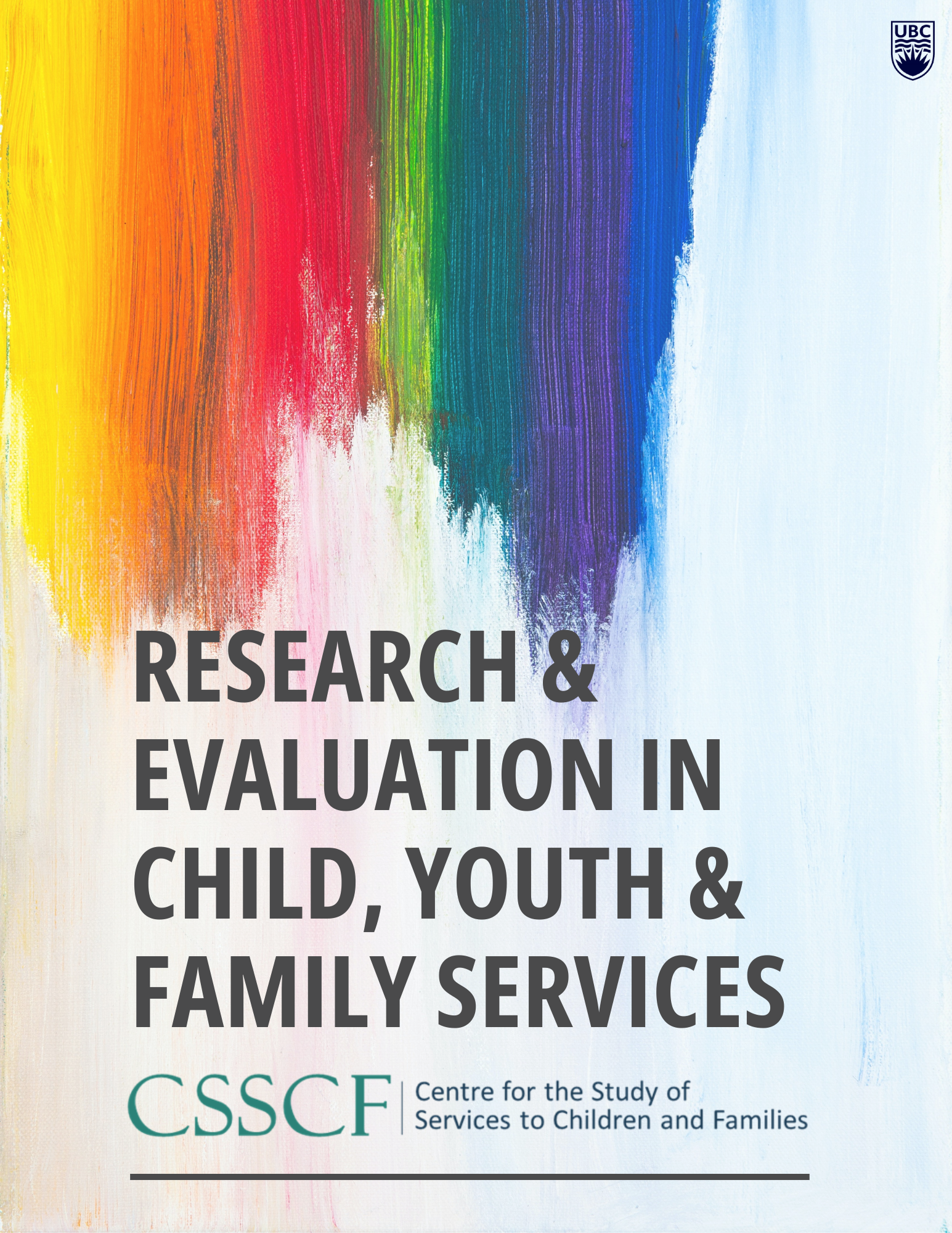Foster Parent Retention
DOI:
https://doi.org/10.14288/recyfs.v5i1.199164Keywords:
fostering, foster parent, retention, motivationAbstract
The purpose of this research study was to explore the experiences contributing to foster parents leaving the service in the South Fraser Region in British Columbia and better understand how the Ministry of Children and Family Development (MCFD) can enhance foster parent retention. This study is in response to MCFD’s concern that more foster parents are leaving the service than the number of homes available for children.
A literature review was conducted to gather insight into the existing body of research regarding the retention and recruitment of foster parents. The literature review described the motivations of foster parents and the importance of positive professional relationships with social workers. Some factors that led to foster parents leaving the child welfare system included insufficient funding, a lack of respite care, and limited support services for foster parents. The theoretical frameworks used in the research included family systems theory and ecological theory. Ecological theory was used to examine how child welfare system, workers and policies influence foster parents (Leffler & Ahn, 2022).
We used an exploratory approach guided by ecological theory. Our research study utilized purposive, non-probability sampling techniques. Our data was collected through semi-structured interviews lasting 45 minutes to 60 minutes with five individual participants. The median duration of time fostering was 11.2 years. The number of placements ranged from two to 1300 children, although not all participants could recall the number of placements they had. The CYIC’s ages ranged from 6 months to 19 years of age.
The study uncovered four themes. This included retention of foster parents, relationship with agency; strengths, relationship with agency; deficits and desired changes. Our findings discovered that although foster parents had honorable motivations, positive experiences, and strengths; the systemic issues outweighed the positive aspects of their experience and led them to decide to leave fostering.
This study revealed implications for practice that MCFD can implement to improve foster parent retention. Practice recommendations include ensuring that social workers are trained and assessed to demonstrate positive characteristics identified by foster parents. Ensuring transparency about the complex needs of CYIC, as well as mandating assessments for mental health and behavioral needs would help aid foster parents to be aware of the support needed. Including and valuing foster parents as members of the care team can contribute to retention. Requiring social workers to follow policies consistently is also integral to retention.
There are suggestions for future research to enhance foster parent retention. Interviewing current foster parents to take a proactive approach to maintain retention is also critical. Overall, this study has provided valuable insights into the needs of foster parents. The implications for practice can guide future policy recommendations for MCFD and research moving forward to enhance retention.
Downloads
Published
Issue
Section
License
Copyright (c) 2024 Research and Evaluation in Child, Youth and Family Services

This work is licensed under a Creative Commons Attribution-NonCommercial 4.0 International License.
This work is licensed under a Creative Commons Attribution-NonCommercial 4.0 Inrernational License. Copyright for articles published in this journal is retained by the authors, with first publication rights granted to the journal. By virtue of their appearance in this open access journal, articles are free to use, with propoer attribution, in edicational and other non-commercial settings.


